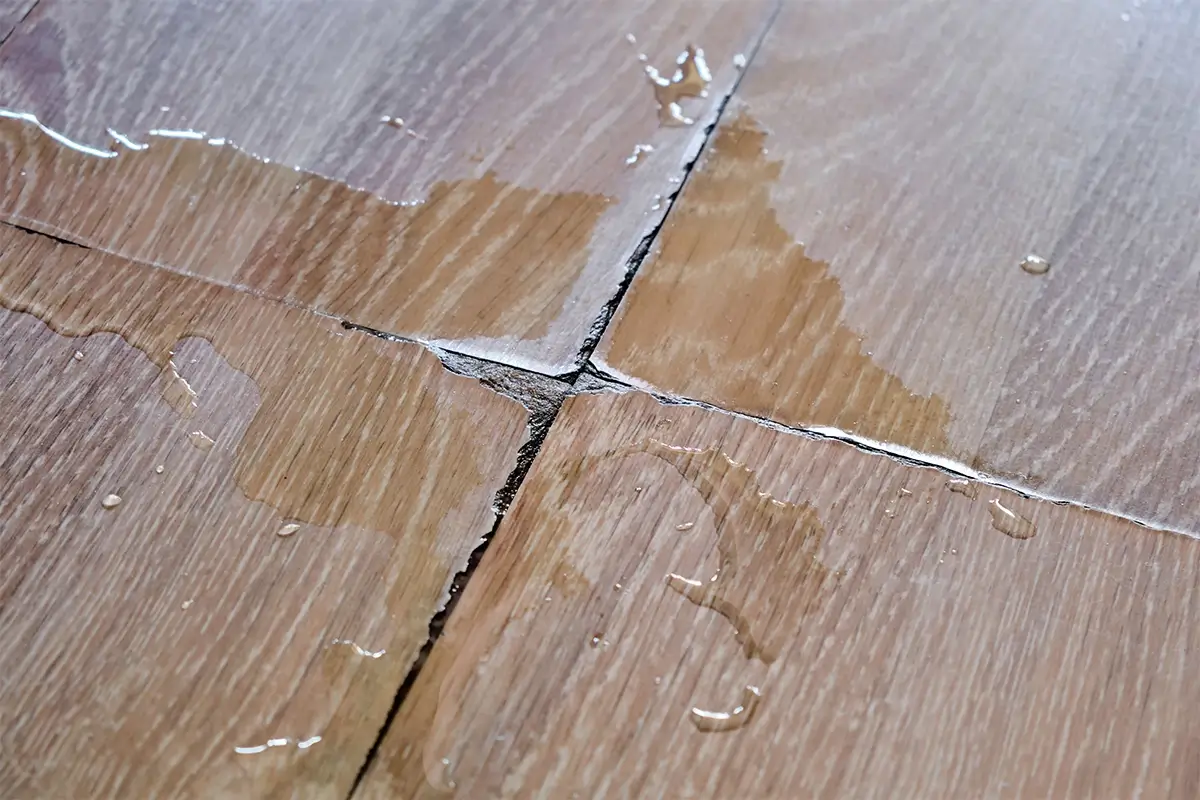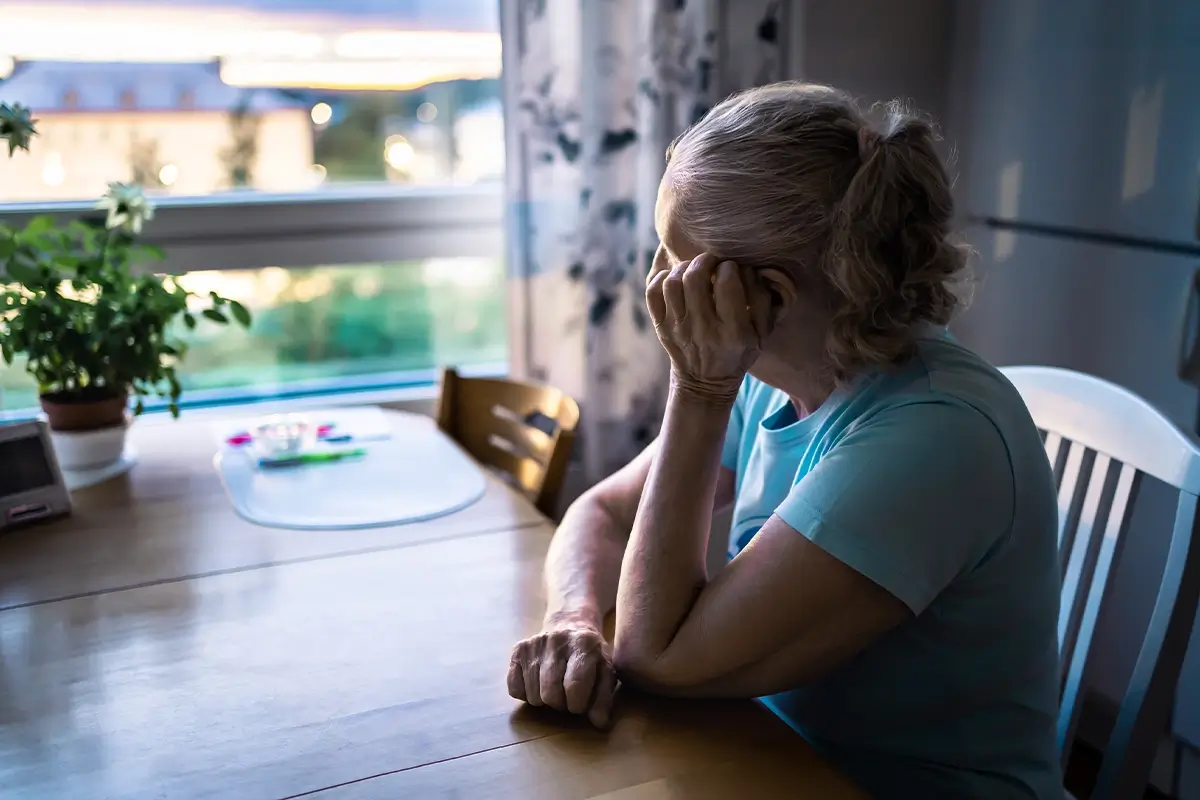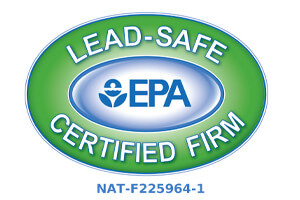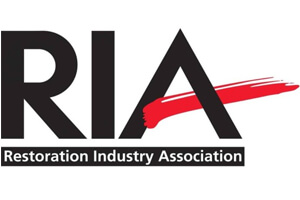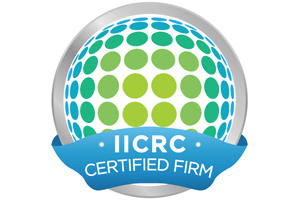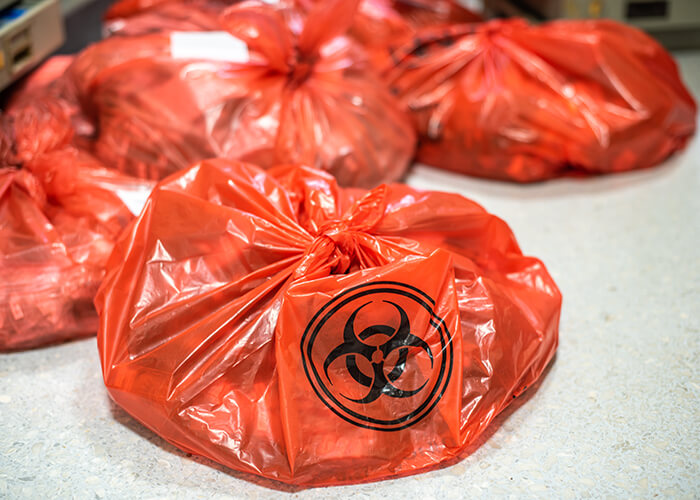
In recent news, a family came face-to-face with a bacterial infection known as MRSA in Gilbert, Arizona. A dangerous disease, four-year old Joshua became infected with the bacteria while he had tubes in his ears to treat his chronic ear infections. Instead, his ears became infected with MRSA and the bacteria ate away his ear drum. Even with surgery, Joshua will now have to wear a hearing aid and deal with the effects of the MRSA infection for the rest of his life.
Though MRSA can be caught anywhere, here in Gilbert, Arizona, many people work in the medical field at hospitals and health clinics – some of the most likely places to contract MRSA. Thus, it’s important for the people in our town to be aware of what MRSA is and how to deal with an outbreak. As a local Gilbert company, we are here to protect our neighbors by cleaning up after an MRSA infection to prevent it affecting anyone else.
What is MRSA?
Most people outside of health facilities haven’t heard of MRSA and even if someone becomes infected, they may first mistake the infection for a simple skin rash or a spider bite and ignore it. MRSA is far more common than people think, though, and it’s important to know what to look for and what to do if you or a loved one becomes infected.
MRSA, or methicillin-resistant Staphylococcus aureus, is a highly contagious bacterial infection that has developed a resistance to most antibiotics. Part of the staph infection family of bacteria, the symptoms depend on the infected area but often first show up looking like a spider bite or pimple though it can develop into rashes and boils on the skin.
If left untreated, MRSA can infect open wounds, eating away the skin, and if it reaches the blood stream or bones, can turn to sepsis and even prove fatal. If you suspect you have MRSA, it’s vital to see a doctor and be tested right away. MRSA can be diagnosed through testing for drug-resistant bacteria in nasal secretions or tissue samples from an infected area and then treated.
How is MRSA Spread?
MRSA is most often found in areas where a lot of people move around in close quarters such as schools, medical centers, sports teams, prisons, and the military, though the bacteria can be found anywhere. The MRSA bacteria easily travels from person to person whether through direct touch or the sharing of personal items. Some people are even carriers of MRSA, whether it’s in their nose or on the skin, but don’t become infected. Especially dangerous, though, is if someone has an infected wound that isn’t well-treated or covered.
How do You Prevent MRSA?
The best way to prevent an infection is to regularly wash your hands with hot water and anti-bacterial soap. As MRSA can live on surfaces for up to two weeks, it’s also best not to share personal items such as bar soap, towels, or deodorant. Keep areas clean and if you notice something on your skin or the skin of a family member, see a doctor right away.
Call Us for the Best MRSA Cleanup in Gilbert, Arizona
If you’ve had an MRSA infected person in your home, business, school, or medical facility, you need to have all potentially infected surfaces thoroughly scrubbed with powerful cleaning agents so no one else becomes infected.
Most people don’t know all the precautions needed to not become infected themselves while cleaning a MRSA infected area or what needs to be done with the infected materials. This is why it’s vitally important to leave MRSA cleanup to trained professionals who have access to all the needed equipment and industrial-grade cleaners. Here at BioteamAZ, we are experienced in MRSA cleanup and are fully licensed by the State of Arizona to handle this kind of highly-infectious disease.
Call BioteamAZ at (602) BIO-TEAM if you or anyone you know have been diagnosed with MRSA so we can provide our expertise in the cleanup and decontamination of your home, business, or school so more people like Joshua don’t have to deal with the ill-effects of MRSA.
